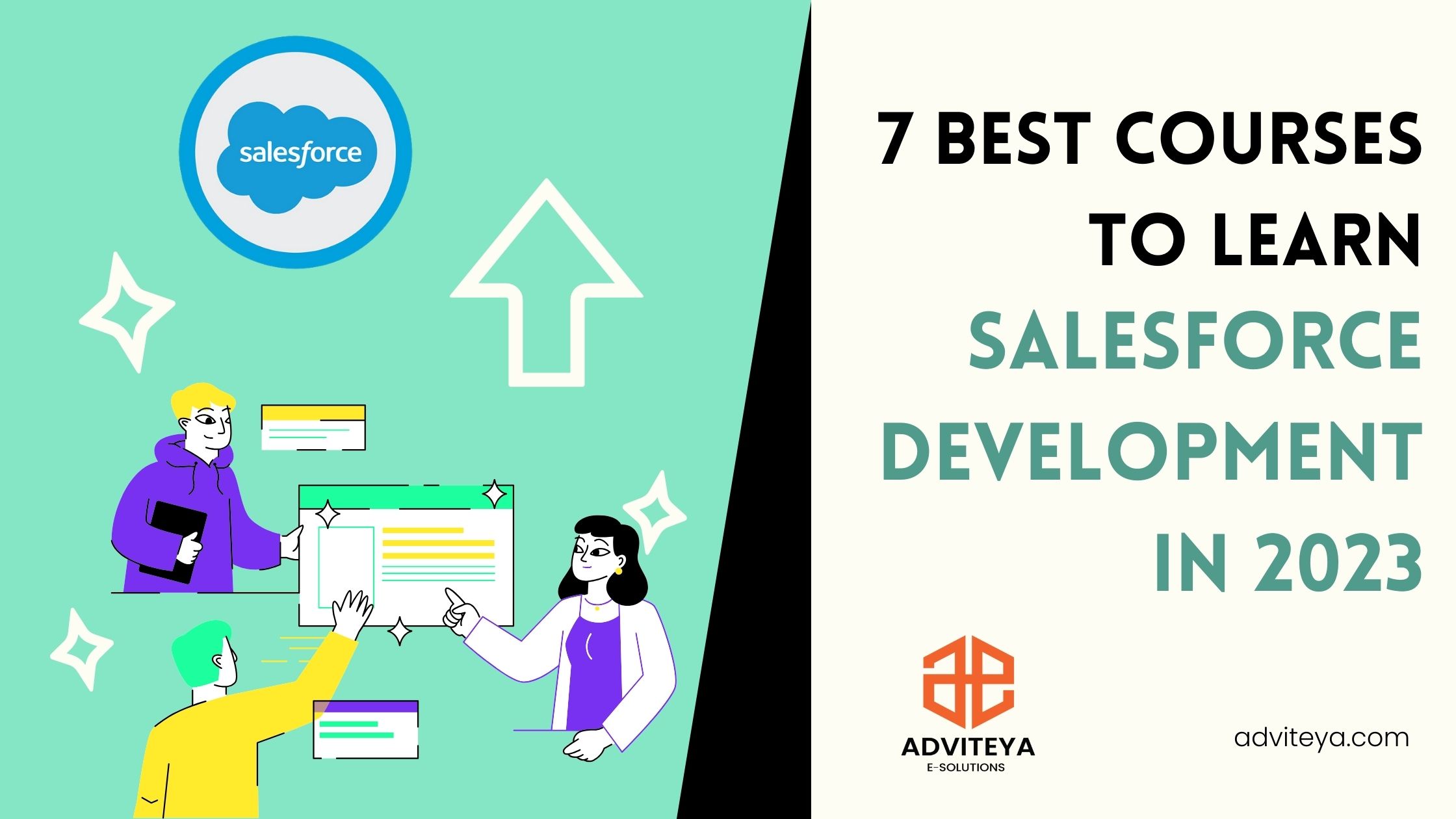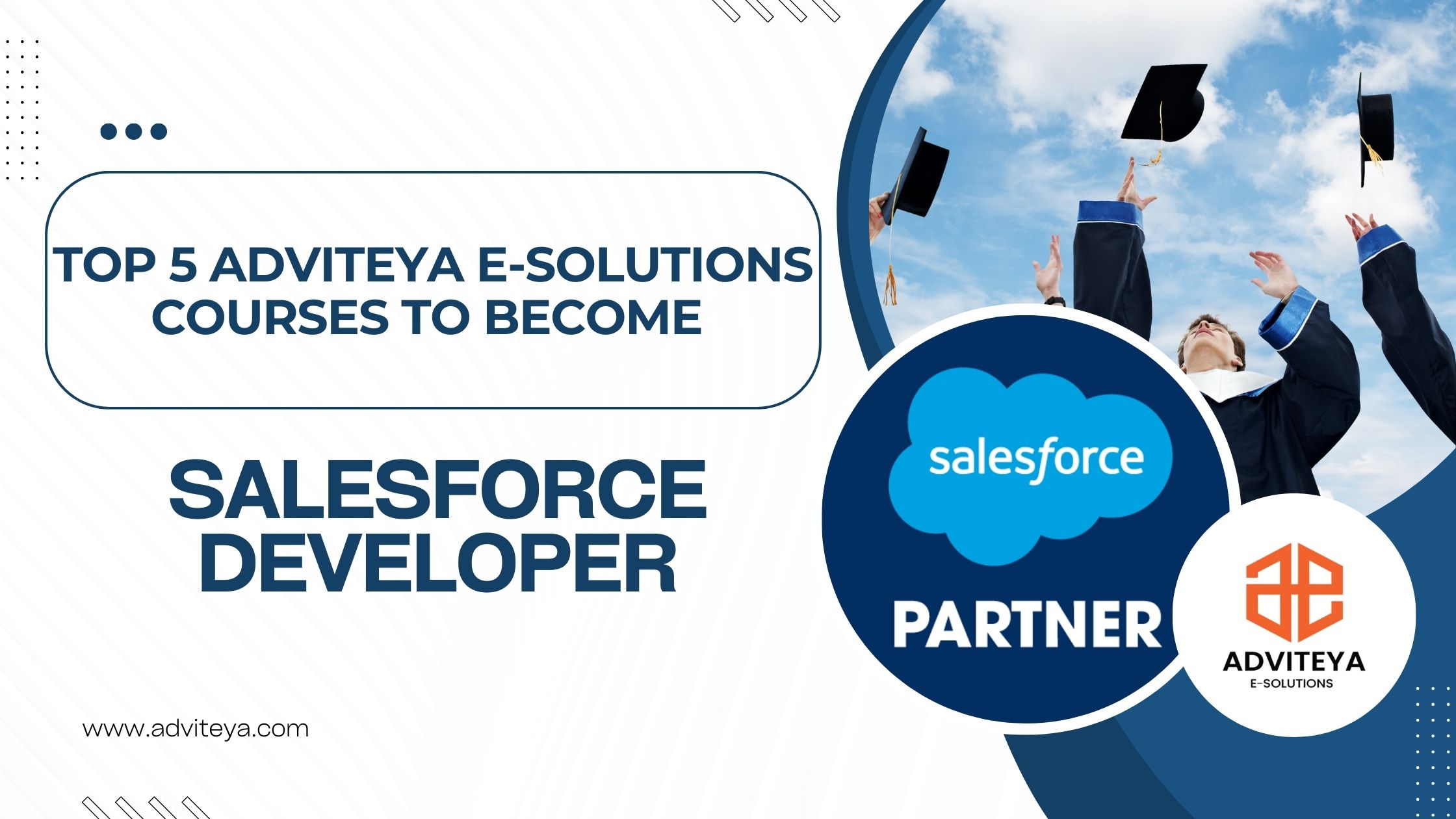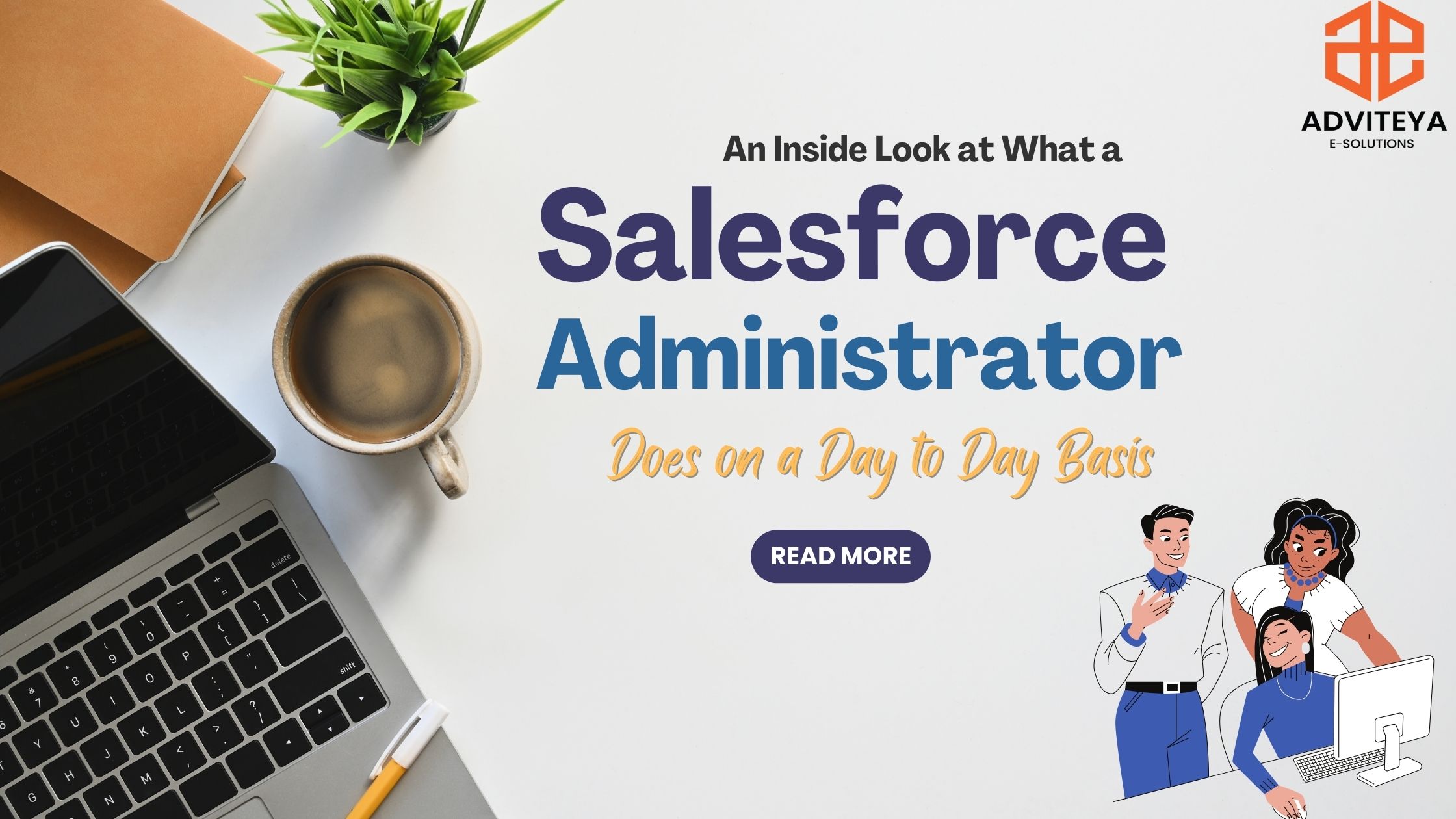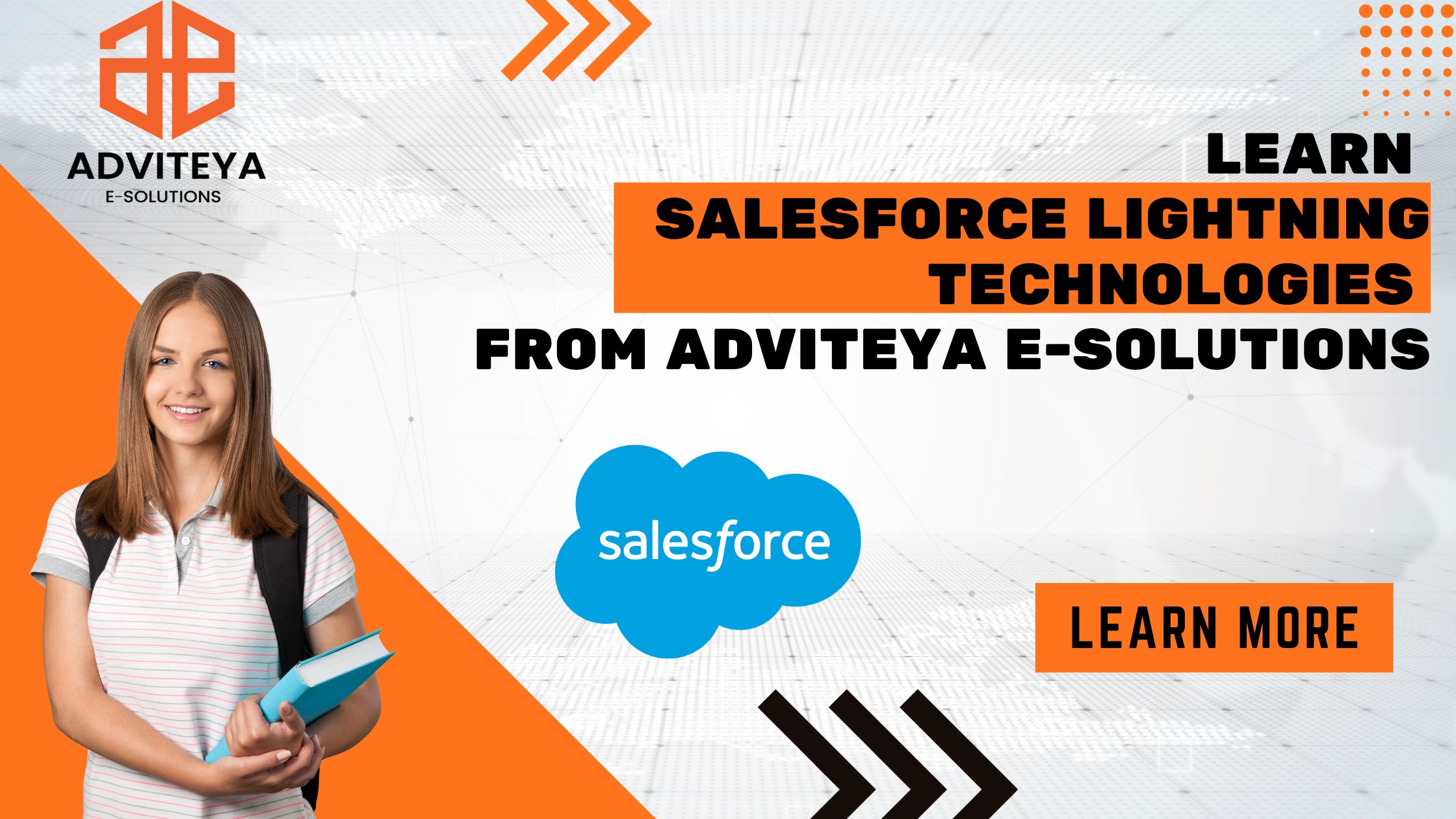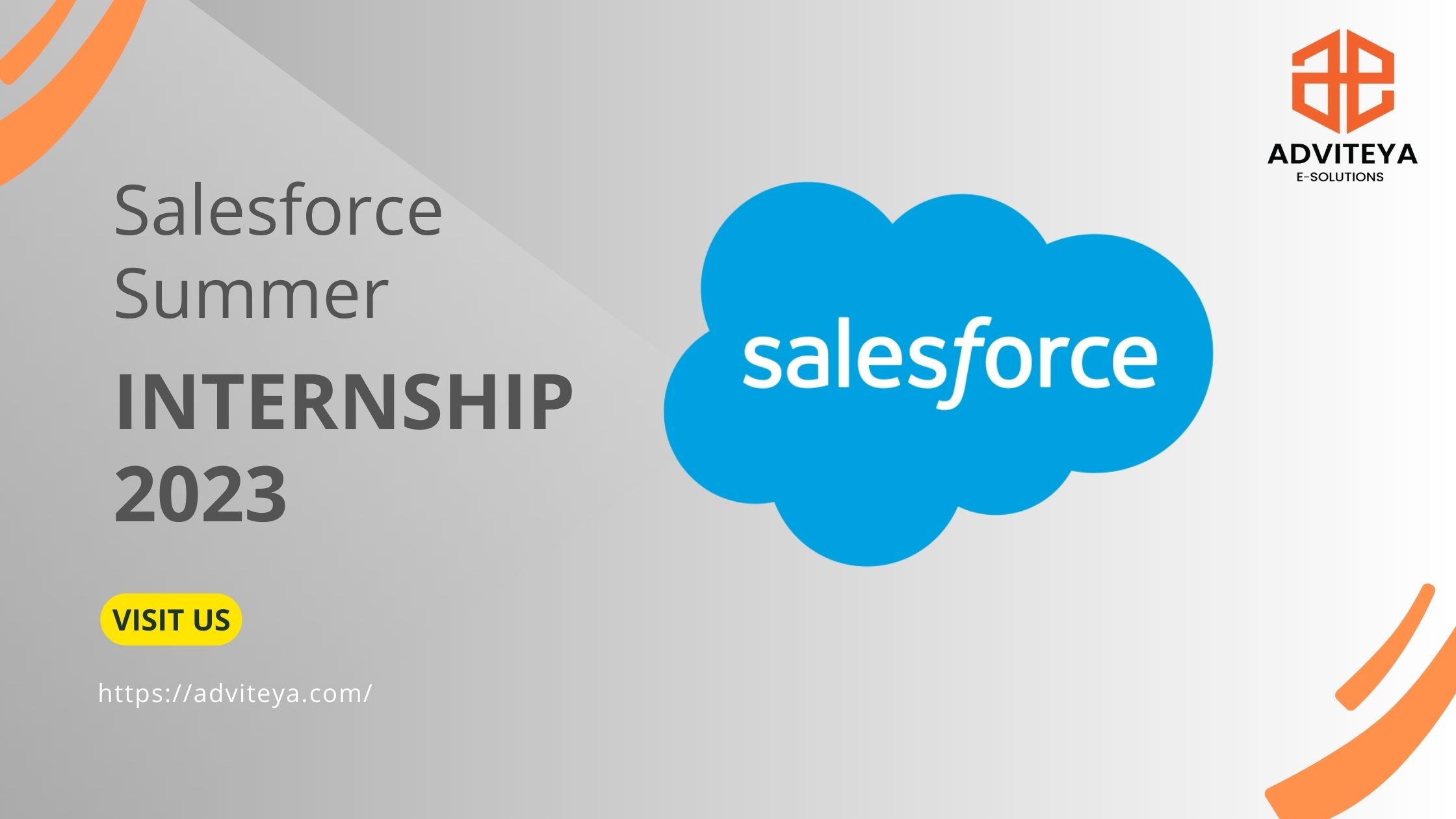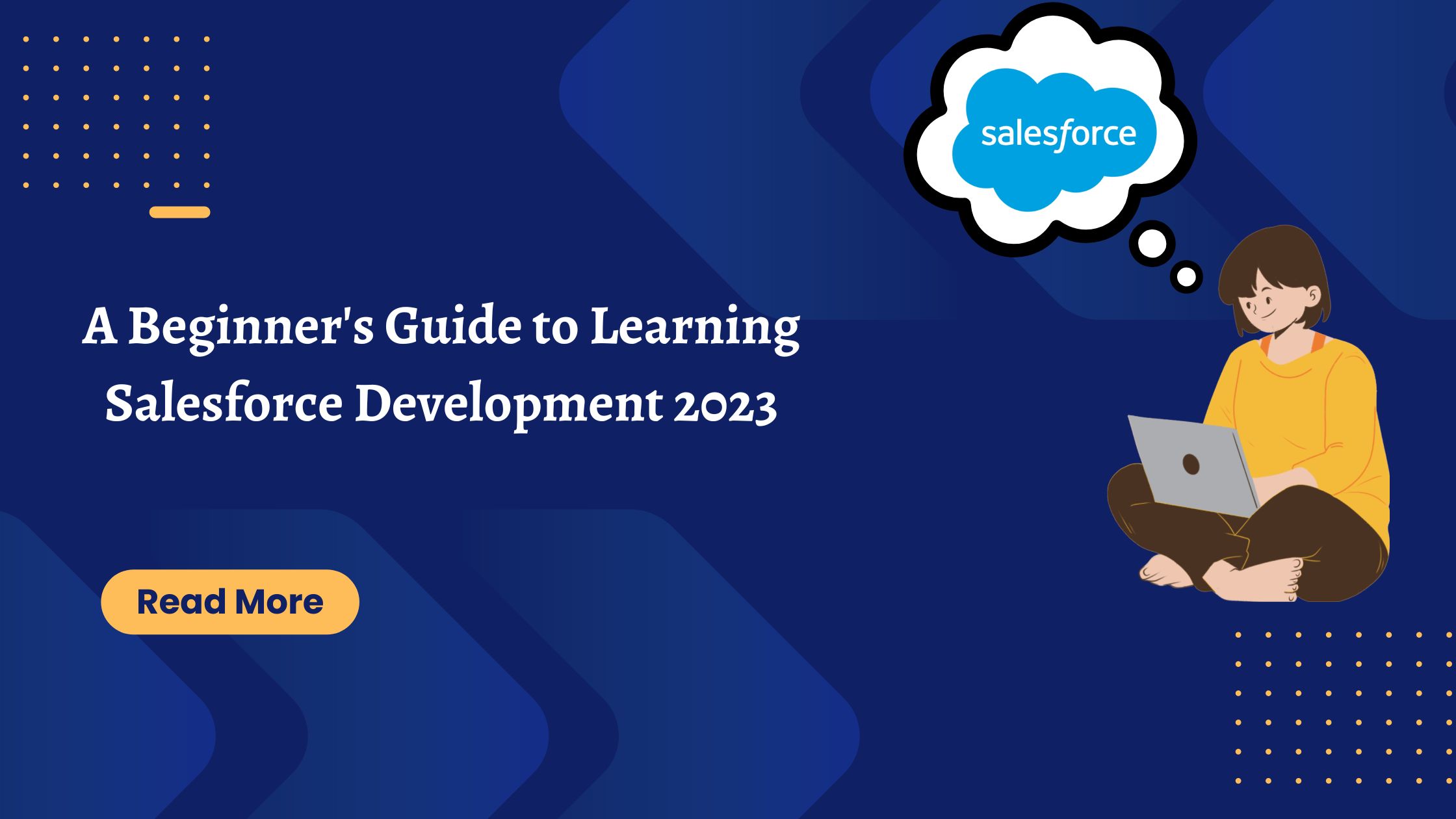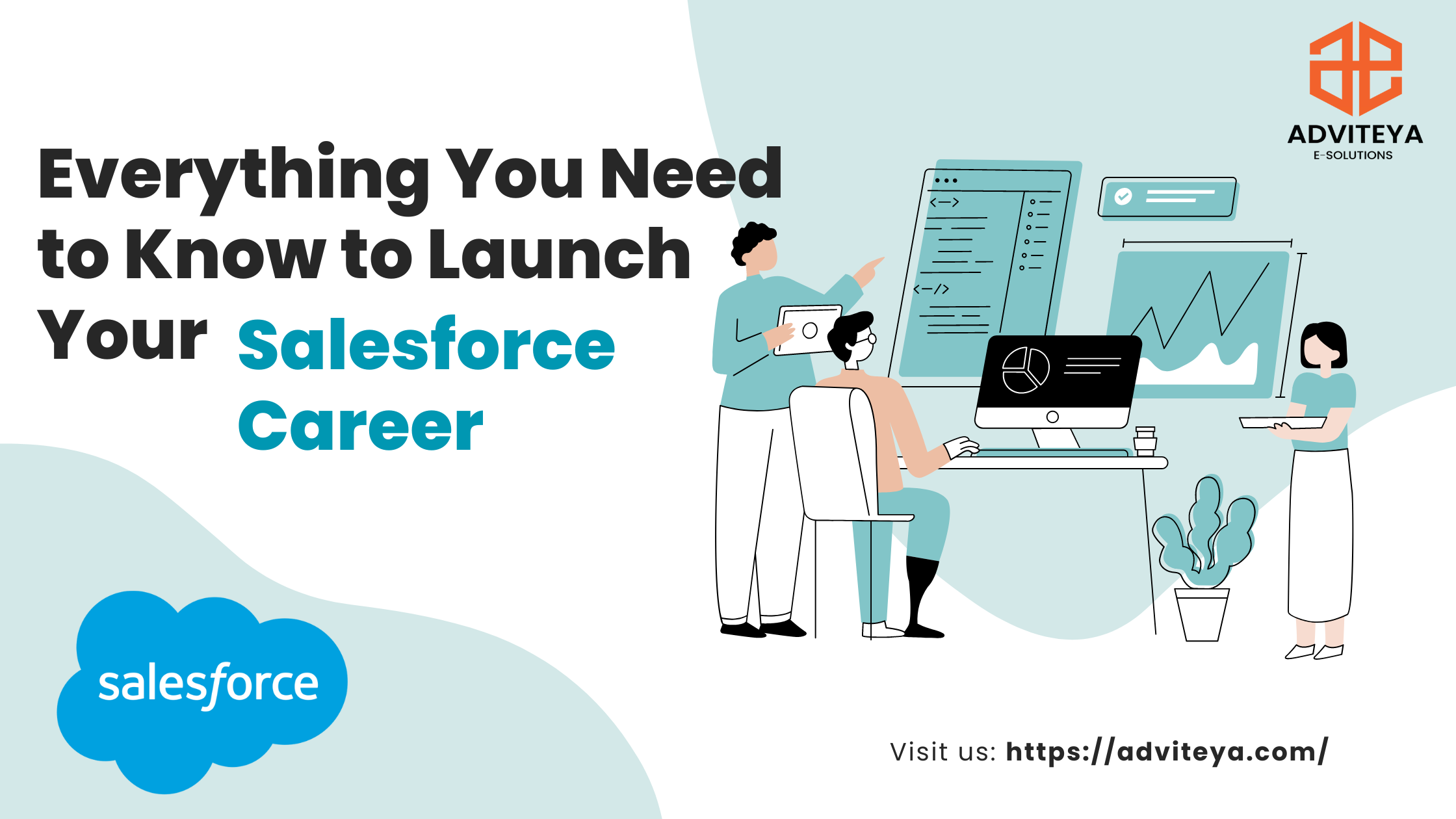
You heard something about salesforce, lucrative career opportunities, and increasing demand. But you don’t know what Salesforce is all about. How you can start a career or what roles are better suited for your interest. Don’t worry, in this article, we will talk about everything you need to know about Salesforce. And in the end, we will reveal the salaries you can earn as a fresher. So fasten your seat belts and sit tight to enjoy this wonderful journey of the Salesforce A-Z guide.
First Thing First: What is CRM
CRM stands for customer relationship management. CRM is used to store customers’ personal information, interactions with the team, demands, sales, and other important notes in a central database. So anyone can access information about customers and it helps to enhance customer experience and relationship with your firm as well as increase sales and make predictions.
Let’s learn from an example:
Suppose you opened a burger outlet in Zomato. And you are selling two variants of a burger, one with cheese and the other without cheese. Through your CRM system, you get to know that burgers with cheese are responsible for 70% of your sales. So you can make predictions that we will increase the production of cheeseburgers and also provide an add-on of extra cheese by charging some amount. Now these two things happen with this decision.
- Your profits increase when people also opt for an extra cheese add-on.
- Your customers achieve satisfaction as their demand for cheese is fulfilled by your outlet. They are more likely to stay with you on long terms.
It’s a simple example of CRM, CRM is a complex and large field to explore. But it’s a topic for another blog now talking about difficulties with CRM.
Problems with CRM Systems
When companies used to host CRM systems on their own they faced many difficulties some of them are following
- Running and setting up CRM systems are very costly and time-consuming. They cost millions of dollars and take up to 6 months of time.
- They are very complex and hard to use so You have to hire dedicated staff for your CRM systems.
- They are also high-maintenance systems.
The solution to All These Problems: Salesforce
Salesforce is a cloud-based customer relationship solution. This means it requires no infrastructure, and costs fractions of the amount as compared to traditional CRM systems. You just need a monthly subscription of as little as $70/month and you are good to go.
Salesforce started as a simple sales tool but now provides solutions for:
- Sales: Track leads, opportunities, and accounts to close more deals.
- Service: Provide fast, personalized customer service and support.
- Marketing: Build a single view of your customers and create targeted campaigns.
- Commerce: Give customers a personalized experience across every channel.
- Platform: Build custom apps and integrate them with other systems you already use.
With Salesforce, all your customer information is in one place. No more spreadsheets and messy paperwork – you’ll have a digital dashboard to see key details for every customer interaction. Staying on top of your relationships has never been easier.
Problems Salesforce Solves: Manage Customer Relationships, Drive Productivity, and Gain Insights
Salesforce is a cloud-based customer relationship management (CRM) platform that helps businesses solve some major problems.
- Salesforce helps you manage customer relationships. With all your customer information in one place, you get a complete view of your customers and can provide personalized service. You can log calls, emails, meetings, and more to have a full history of your interactions. Salesforce also helps automate follow-ups so you never miss an opportunity.
- Salesforce drives productivity. With workflow automation and process management tools, your team can work more efficiently. Salesforce eliminates repetitive tasks and ensures key steps aren’t missed. You can also customize the platform to match your unique business processes using clicks, not code.
- Salesforce provides data insights. With built-in analytics and reporting, you get a real-time view of key metrics like sales, service cases, and marketing campaign effectiveness. You can discover trends, identify opportunities, and make data-driven decisions to optimize your business.
How Salesforce Works: The Core Features and Solutions Explained
Sales Cloud:
This is Salesforce’s flagship product. It helps sales teams manage leads, contacts, accounts, opportunities, and more. Sales reps can log calls, emails, and meetings; share key account details; create quotes and proposals; and track deals to close.
Service Cloud:
This solution helps companies provide customer service and support. Features include case management, knowledge bases, live chat, call center integration, and more. Service agents have a 360-degree view of each customer to provide fast, personalized service.
Marketing Cloud:
This set of tools helps marketers manage email marketing, social media, advertising, and more. You can build customer journeys, send targeted emails, run social ad campaigns, and track marketing ROI.
Einstein AI:
Salesforce Einstein is an AI that delivers predictions and recommendations to help employees work smarter and faster. Einstein can analyze data to predict sales forecasts, recommend the best leads or cases for reps to focus on, detect sentiment in social posts, and more.
AppExchange & Trailhead:
The Salesforce AppExchange is a marketplace with thousands of third-party apps and integrations to enhance your Salesforce setup. Trailhead is Salesforce’s free online learning platform for developing skills in the Salesforce ecosystem.
Implementation & Consulting Partners:
Salesforce works with a network of consulting partners that help companies implement Salesforce, build custom apps and integrations, migrate data, and provide strategic guidance. Partners have expertise in industries like financial services, healthcare, retail, and communications.
Salesforce Salaries & Career Opportunities in India
The demand for Salesforce skills is huge and only getting bigger. Salesforce currently has over 150,000 customers and four million members in its community. Companies need Salesforce experts to help them optimize their Salesforce investment and build custom apps.
Salary Potential:
According to Glassdoor, the average base pay for a Salesforce Administrator in India is ₹850,000. Salesforce Developers earn an average of ₹1,100,000. These salaries will vary depending on your experience level, location, and specific role. Salesforce Architects, who design Salesforce solutions and manage complex implementations, earn an average of ₹1,600,000 in India.
Salesforce Consultants, who help companies implement and optimize their Salesforce usage, have an average salary of ₹1,300,000. Consultants with 5-10 years of experience can earn ₹2,000,000 or more.
Salesforce Career Paths & Opportunities
Salesforce offers several career paths with lots of opportunities for growth. Whether you want to become an admin, consultant, or developer, there are roles for every skill level.
Administrator:
As an admin, you’ll manage Salesforce for your company and customize it to fit your needs. You’ll maintain users, security, data, and applications. Many admins start as power users in their company before transitioning into a full-time admin role. To become an official Salesforce Certified Administrator, you’ll need to pass the ADM-201 exam.
Consultant:
Consultants help companies implement Salesforce and optimize their use of the platform. Consultants work with admins and stakeholders to determine business needs and configure Salesforce for the best results. The job often involves analyzing how companies can improve their processes and helping them achieve their goals. Consultants typically have a few years of experience as an admin or developer first. To become a Salesforce Certified Consultant, you must pass the CRT-251 exam.
Developer:
Developers build custom applications, integrations, and automation on the Salesforce platform using Apex and Visualforce. Developers have an extensive technical background and help extend Salesforce’s native capabilities. Many work for consulting partners, while some are employed as in-house developers. To become a Salesforce Certified Developer, you need to pass the DEV-501 exam.
From intern to architect, Salesforce offers roles at every career level. Ongoing learning is emphasized, and Salesforce provides many resources for skill building, including Trailhead, online courses, and certifications. A career in Salesforce means lifelong opportunities in a fast-growing field. With hard work and persistence, you can achieve great success.
Other Lucrative Salesforce Roles
The Salesforce ecosystem has expanded to include many lucrative career opportunities beyond just administrators and developers. Here are a few other roles to consider:
Salesforce Architect:
Architects design complex Salesforce solutions to meet business needs. They have a deep understanding of Salesforce capabilities and know how to integrate the platform with other systems. The role typically requires 5-10 years of Salesforce experience and multiple advanced certifications.
Salesforce Trainer:
If you enjoy teaching others, consider a career as a Salesforce trainer. Trainers help users learn how to utilize Salesforce to improve productivity and business processes. They conduct classroom and virtual training sessions. You’ll need several years of experience as an admin or consultant and Salesforce certifications.
Salesforce Marketing Cloud Consultant:
The Salesforce Marketing Cloud includes tools for email marketing, mobile marketing, social media marketing, and more. As a Marketing Cloud consultant, you help companies implement these solutions. You’ll need experience with the Marketing Cloud, marketing automation, and digital marketing, as well as Marketing Cloud certifications.
The opportunities are vast if you want to take your Salesforce career to the next level. With the right experience and credentials, you can land a high-paying role and help companies transform their businesses. The key is continuous learning and growth. Keep developing your skills and pursuing new challenges, and the Salesforce world is yours for the taking.
Key Salesforce Certifications to Boost Your Career
To advance your Salesforce career, earning key certifications is crucial. Certifications validate your skills and expertise, open doors to new opportunities, and can lead to higher pay. Salesforce offers credentials for administrators, developers, marketers, and more. Here are some of the top certs to pursue:
Salesforce Certified Administrator:
As a Salesforce Admin, you’ll configure the platform to meet business needs. The Admin 201 exam covers data management, security, dashboards, and automation. With 2-5 years of experience, you can become an Advanced Administrator.
Salesforce Certified Platform Developer I:
Developers build custom apps and integrations on the Salesforce platform. The Platform Developer I exam tests your ability to design, develop, test, and deploy custom applications. You’ll need 6-12 months of experience as a developer. The next level up is Platform Developer II.
Salesforce Certified Marketing Cloud Email Specialist:
This credential shows you have the skills to design, build, and optimize email marketing campaigns on Marketing Cloud. The exam covers email content creation, data management, segmentation, and analytics. You’ll need 6-12 months of experience using Marketing Cloud.
Salesforce Certified CPQ Specialist:
CPQ specialists configure Salesforce CPQ (Configure, Price, Quote) to streamline the quoting process. The CPQ Specialist exam tests your ability to design, build, and implement CPQ solutions. You’ll need 6-12 months of experience with Salesforce CPQ.
Additional Certs:
There are many more Salesforce certs, like Pardot Specialist, Field Service Lightning Consultant, and Einstein Discovery Specialist. New certs are released regularly in response to updates on the platform. Stay up-to-date with new credentials to keep your skills and career progression on the cutting edge.
Continuously learning and earning certifications is the key to success as a Salesforce pro. Choose a path that matches your interests and experience level. Study hard, pass your exams, and watch as new doors open in your Salesforce career. The opportunities are endless!
Essential Salesforce Skills You’ll Need
To succeed as a Salesforce professional, you’ll need to develop some essential skills. These abilities will allow you to implement solutions, optimize processes, and advance your career.
Technical Skills:
First, build a solid foundation in Salesforce’s platforms and applications. Become highly proficient in Sales Cloud, Service Cloud, Marketing Cloud, and AppExchange. Learn how to configure Salesforce, build custom apps, create dashboards and reports, integrate third-party tools, and automate processes. Stay on top of new features and releases to strengthen your technical chops.
Soft Skills:
Soft skills are equally important. Sharpen your communication, critical thinking, and problem-solving skills. Be a curious lifelong learner. Develop an agile, growth mindset. Some key soft skills for Salesforce pros include:
- Communication: Explain Salesforce concepts and solutions clearly to stakeholders. Listen well and address questions with patience.
- Creativity: Design innovative solutions and improvements. Think outside the box.
- Adaptability: Keep up with Salesforce’s frequent updates and releases. Adjust to changes quickly.
- Problem-solving: Troubleshoot issues, determine solutions, and help users resolve challenges.
- Project management: Organize tasks, resources, timelines, and milestones to implement Salesforce projects efficiently.
- Teamwork: Collaborate with admins, developers, and business users. Share your knowledge and experience.
To advance in your Salesforce career, never stop improving your skills. Take online courses on Trailhead, Udemy or Udacity. Get certified as an admin, consultant, or architect. Join the Salesforce community and your local user group. Continuous learning and networking will open up more opportunities and help you provide maximum value to your organization. With the right skills and mindset, you’ll be well on your way to success as a Salesforce pro.
Why you should consider Adviteya E-solution for Salesforce Courses
If you’re serious about launching a career as a Salesforce professional, Adviteya E-solutions should be at the top of your list for Salesforce training courses. Here are a few reasons why:
1. Industry-Leading Curriculum:
Adviteya E-solutions offers comprehensive courses that cover everything from Salesforce fundamentals to highly specialized certifications. Their curriculum is developed by industry experts and aligned with the latest Salesforce credentials. You’ll get in-depth knowledge of Salesforce architecture, configuration, customization, and development.
2. Hands-On Learning:
At Adviteya E-solutions, you don’t just learn concepts, you apply them. Their courses provide opportunities to work on real-world projects where you can gain practical experience with the Salesforce platform. By the time you complete your training, you’ll have developed skills you can apply on the job right away.
3. Dedicated Placement Assistance:
Adviteya E-solutions has a proven track record of helping students land jobs at major companies. Their placement team will help prepare you for the job search by assisting with your resume, interview skills, and networking. They maintain close ties with employers and staffing firms in the Salesforce ecosystem.
4. Salesforce Certification:
Earning Salesforce certifications can open up more career opportunities and higher pay. Adviteya E-solutions coursework prepares you to pass Admin, App Builder, and Developer exams. They even provide an exam voucher for select courses. With certification in hand, you’ll have a competitive edge in the job market.

